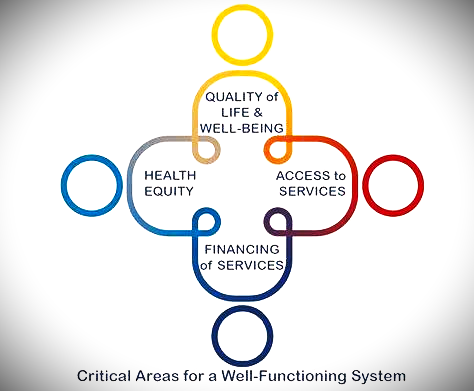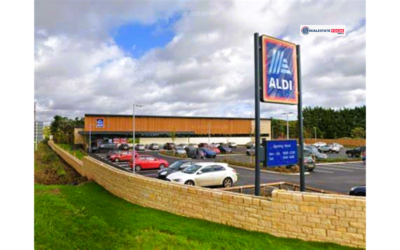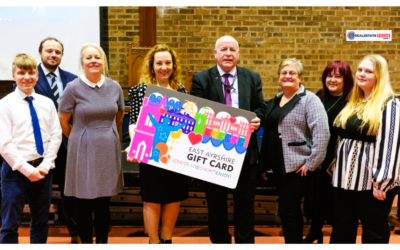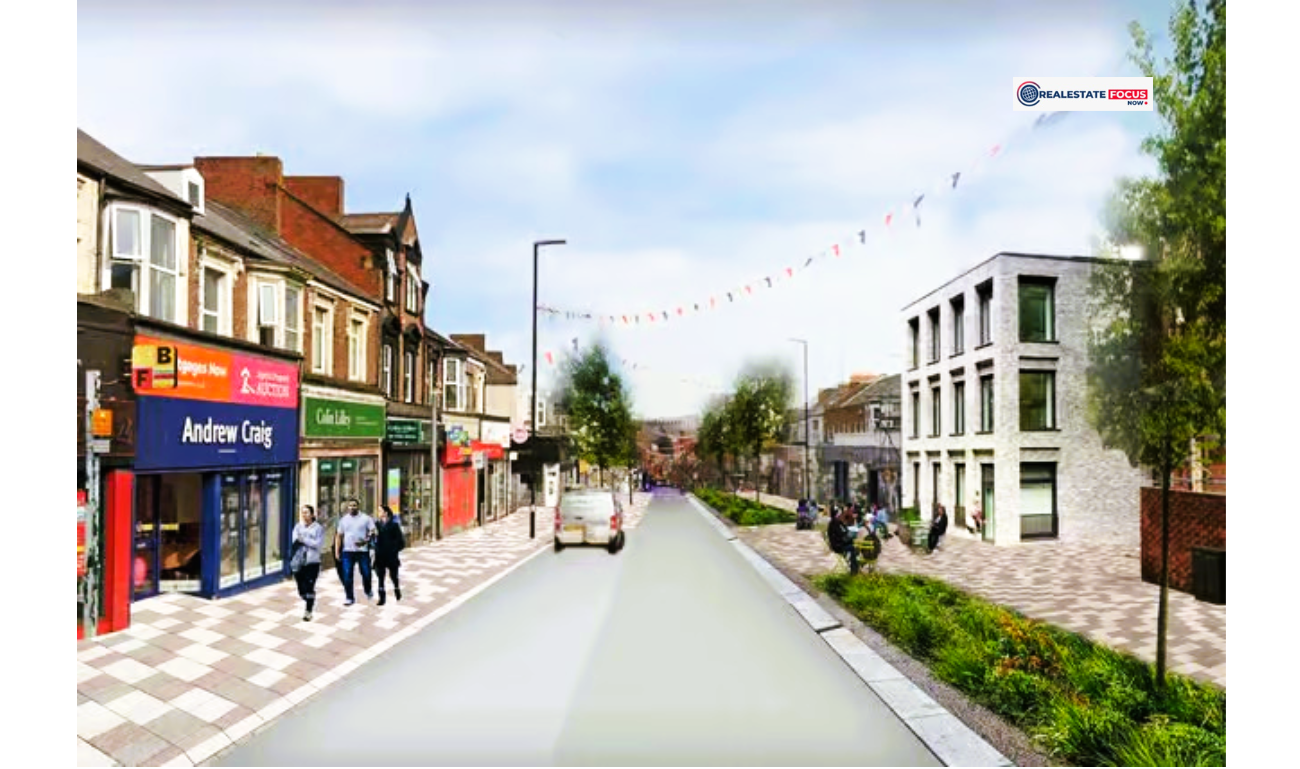

Blueprint for Change: How Natalie Voland Is Rebuilding Real Estate from the Ground Up
When most people think of real estate, they picture concrete, contracts and capital. Natalie Voland sees something else: a catalyst for societal transformation.
A PhD candidate in Concordia’s Individualized Program in Engineering, Voland is more than just a real-estate developer; she is a pioneering social entrepreneur redefining the industry from the inside out. For more than 20 years, Voland has been a trailblazer in sustainable development, proving that buildings can be more than shelters they can be systems that regenerate communities, economies and ecosystems.
Voland’s path to impact was unconventional. With a background in social work, she inherited her late father’s real estate company, Gestion Immobilière Quo Vadis, and chose not to follow the traditional developer playbook. Instead, she reimagined the company as a platform for environmental and social innovation. Today, Quo Vadis is a certified B Corp and a leader in ESG-conscious development, focused on adaptive reuse, heritage preservation and inclusive entrepreneurship.
“Innovation comes with resistance,” Voland says. “But the challenges are what make the success so meaningful.”
Her boldest ideas are now manifesting through Groupe Danu, where she serves as Chief Regenerative Officer. This collaboration between Quo Vadis Capital and Cloriacité is spearheading some of Quebec’s most ambitious carbon-neutral housing projects. The flagship development, Cloria Lévis, exemplifies her vision: a blueprint for how construction, sustainability and research can work hand in hand. It’s part of a broader plan to build 5,000 carbon-neutral homes in the next decade.
At the core of Voland’s success is a rare ability to merge research with real-world application. As a co-founder of Concordia’s ABC Low Carbon Accelerator within the Next-Generation Cities Institute, she’s helping bridge the gap between academia and industry. Her doctoral research, which examines barriers to climate-resilient private development, feeds directly into her company’s innovation pipeline.
“The collaboration with Concordia is our secret weapon,” she says. “We’re integrating live data from our buildings into our research to refine hybrid energy systems and other sustainable strategies.”
This feedback loop between thought and action has already produced tangible results. Under Voland’s leadership, Quo Vadis has revitalized millions of square feet of industrial space, breathing new life into Montreal’s urban fabric. Notable projects like Complexe Dompark, a certified Zero Carbon Building and Salon 1861, a church-turned-collaborative hub, stand as monuments to her vision of real estate as a force for regeneration.
Beyond the blueprints and boardrooms, Voland is a committed thought leader. She chairs global real estate conferences, serves on advisory boards like the Climate Partnership of Montreal and the Building Decarbonisation Alliance, and remains an advocate for inclusive, sustainable urbanism. Her work not only challenges the status quo, it redefines it.
But for Voland, the recognition as a Great Concordian is more than a professional milestone ,it’s deeply personal.
“Concordia became the home I had always wanted,” she reflects. “It wasn’t just a place for research, it was a space that helped me grow, collaborate, and make a real impact.”
Voland’s advice to future change makers is simple, but powerful:
Be curious. Be collaborative. Be resilient.
“Innovation often means hearing ‘no’ but when you keep pushing, those ‘nos’ become stepping stones.”
Through her visionary leadership, Natalie Voland is proving that real estate doesn’t have to be extractive. It can be regenerative. And it can be revolutionary.
In an industry often resistant to change, she’s not just developing buildings, she’s building a better future.




































